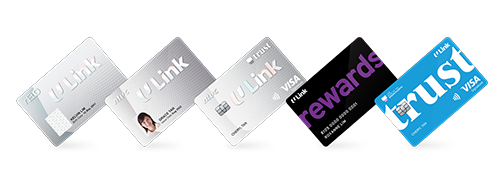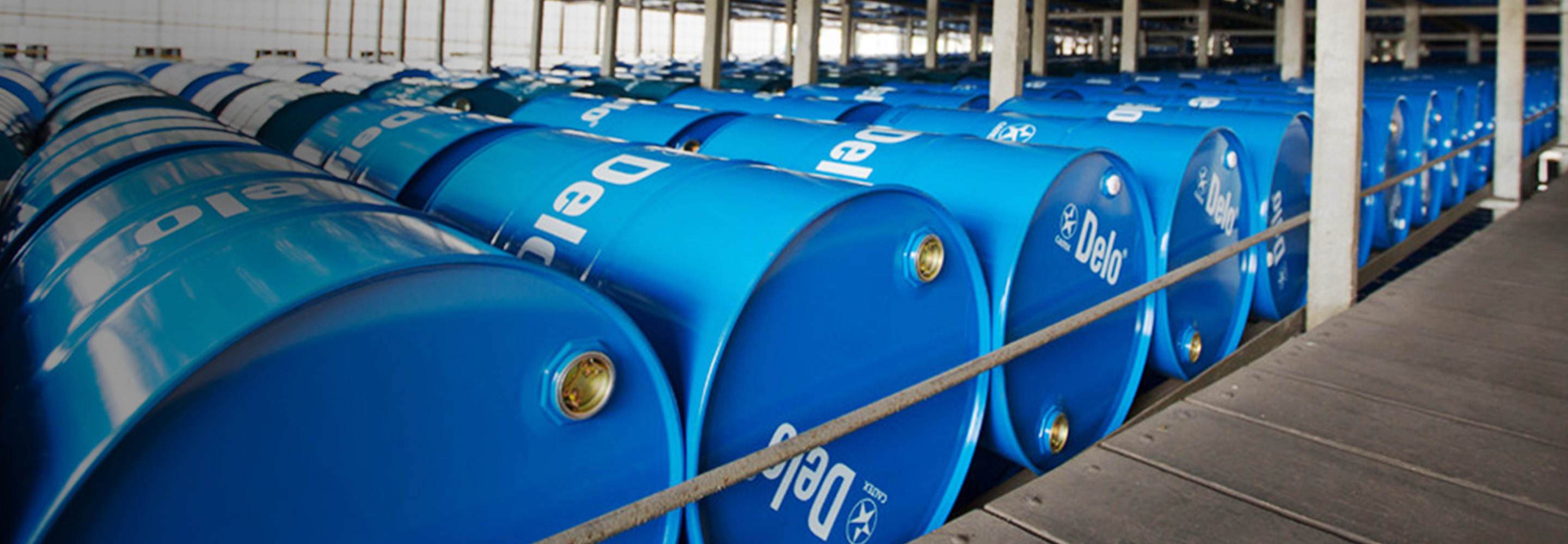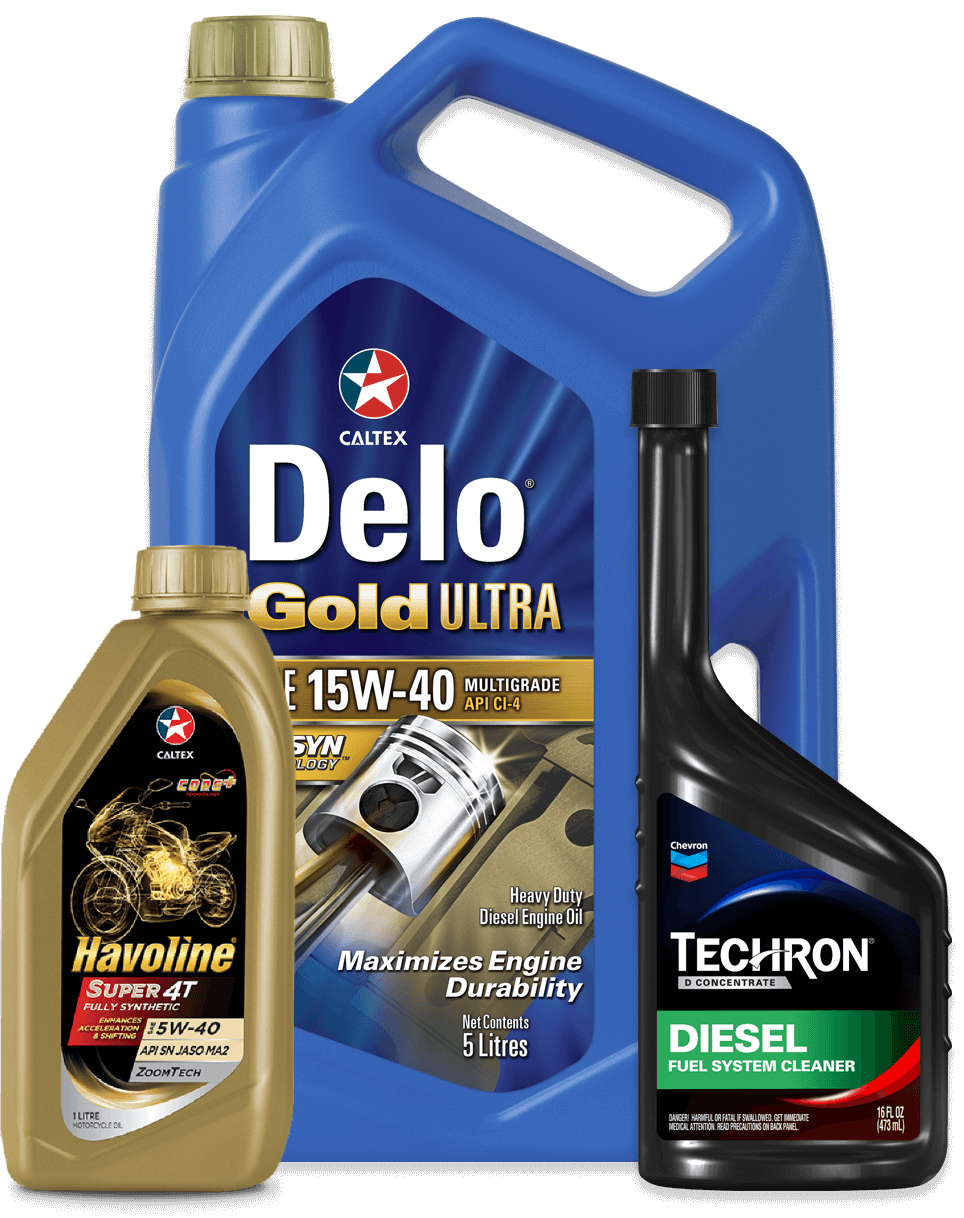In this space, we have frequently looked at the importance of knowing the OEM oil cleanliness specifications for the equipment your operation depends on. Once you know the ISO cleanliness codes specified for your equipment, you then face another challenge: how to ensure that your lubricants meet those specifications.
Simply put, most new oil arriving at your facility, even if it is the right oil for your equipment, will not meet the OEM’s cleanliness standard. Oil is vulnerable to contamination at any point at which it is transferred – from the plant, to a tanker truck, to a marketer’s facility, and ultimately to your storage tanks.
Many customers try to compensate for this by filtering new oil themselves, improving their handling techniques and cleaning their storage tanks, only to find that they still come up short on their cleanliness objectives. That is because the oil was not sufficiently clean in the first place, and bringing contaminants down to the acceptable level is extremely difficult.
There is an easier way: start with an oil that is certified upon delivery from the marketer. Onsite filtration, proper handling, and clean storage facilities are still important, but it is far easier to maintain cleanliness of an oil that is certified clean to begin with than it is to clean up an oil that was dirty on arrival.
Once you have received a certified clean oil, test it for contamination after each transfer point within your operation, and even after it has been introduced into the equipment. This will give you data that tells you where contamination may be occurring so you can take corrective action.
Many customers believe the cleanliness issue can be solved by operational improvements, but their efforts will be for naught if they are starting with an oil that is already beyond acceptable contaminant levels. Start with a certified clean oil and test it in progress so you can target your improvement efforts more precisely. The entire process will go more smoothly and you’ll have greater confidence that the oil will stay in line with the OEM specifications throughout its service life.
In this space, we have frequently looked at the importance of knowing the OEM oil cleanliness specifications for the equipment your operation depends on. Once you know the ISO cleanliness codes specified for your equipment, you then face another challenge: how to ensure that your lubricants meet those specifications.
Simply put, most new oil arriving at your facility, even if it is the right oil for your equipment, will not meet the OEM’s cleanliness standard. Oil is vulnerable to contamination at any point at which it is transferred – from the plant, to a tanker truck, to a marketer’s facility, and ultimately to your storage tanks.
Many customers try to compensate for this by filtering new oil themselves, improving their handling techniques and cleaning their storage tanks, only to find that they still come up short on their cleanliness objectives. That is because the oil was not sufficiently clean in the first place, and bringing contaminants down to the acceptable level is extremely difficult.
There is an easier way: start with an oil that is certified upon delivery from the marketer. Onsite filtration, proper handling, and clean storage facilities are still important, but it is far easier to maintain cleanliness of an oil that is certified clean to begin with than it is to clean up an oil that was dirty on arrival.
Once you have received a certified clean oil, test it for contamination after each transfer point within your operation, and even after it has been introduced into the equipment. This will give you data that tells you where contamination may be occurring so you can take corrective action.
Many customers believe the cleanliness issue can be solved by operational improvements, but their efforts will be for naught if they are starting with an oil that is already beyond acceptable contaminant levels. Start with a certified clean oil and test it in progress so you can target your improvement efforts more precisely. The entire process will go more smoothly and you’ll have greater confidence that the oil will stay in line with the OEM specifications throughout its service life.
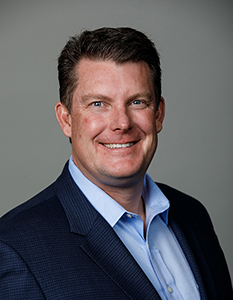
About Author
With over 35 years in the oil and gas industry, Dan Holdmeyer has worked for Chevron the past 14 years, serving in a variety of capacities with the company in addition to his current post as Industrial and CoolantJason is currently the Americas ISOCLEAN Business Manager for Chevron Lubricants where he is implementing an industry leading business model for certified clean lubricants. He has 23 years of experience in the lubricants and fuel industry holding various positions in operations management, marketing, and sales with his primary passion focused on equipment reliability utilizing certified clean lubricants. He holds a B.S. degree in Business Marketing from the University of Wyoming and has been recognized by the Society of Tribologists and Lubricant Engineers as a Certified Lubricant Specialist and Oil Monitoring Analyst.s Brand Manager where he works as a lubrication engineer that supports Chevron Delo and other related lubricants brands. He plays an integral role in supporting and managing a variety of programs related to off-highway and on-highway lubrication needs. Dan also works as Chevron’s Training Specialist for their Global Lubricants division since joining the company. Prior to joining Chevron, Dan worked as a Field Engineer at Mobil Oil Corporation for 20 years (1979-99) after graduating from the University of Missouri-Columbia with a Bachelor of Science in Chemical Engineering.
ARTICLES FOR YOU
ARTICLES FOR YOU

Trends in Passenger Car Motor Oils: Evolving Engine Technology Driving Change
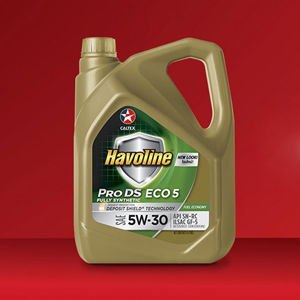
GM’s dexos1™ PCMO Specification Knowledge
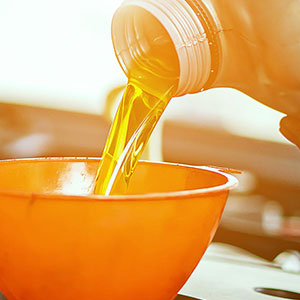
How Synthetic Oils Are Helping Cars Last Longer

Synthetic Oils Are The Wave Of The Future For Passenger Cars
Need more assistance?
Begin your journey towards world class products and services with Caltex.


